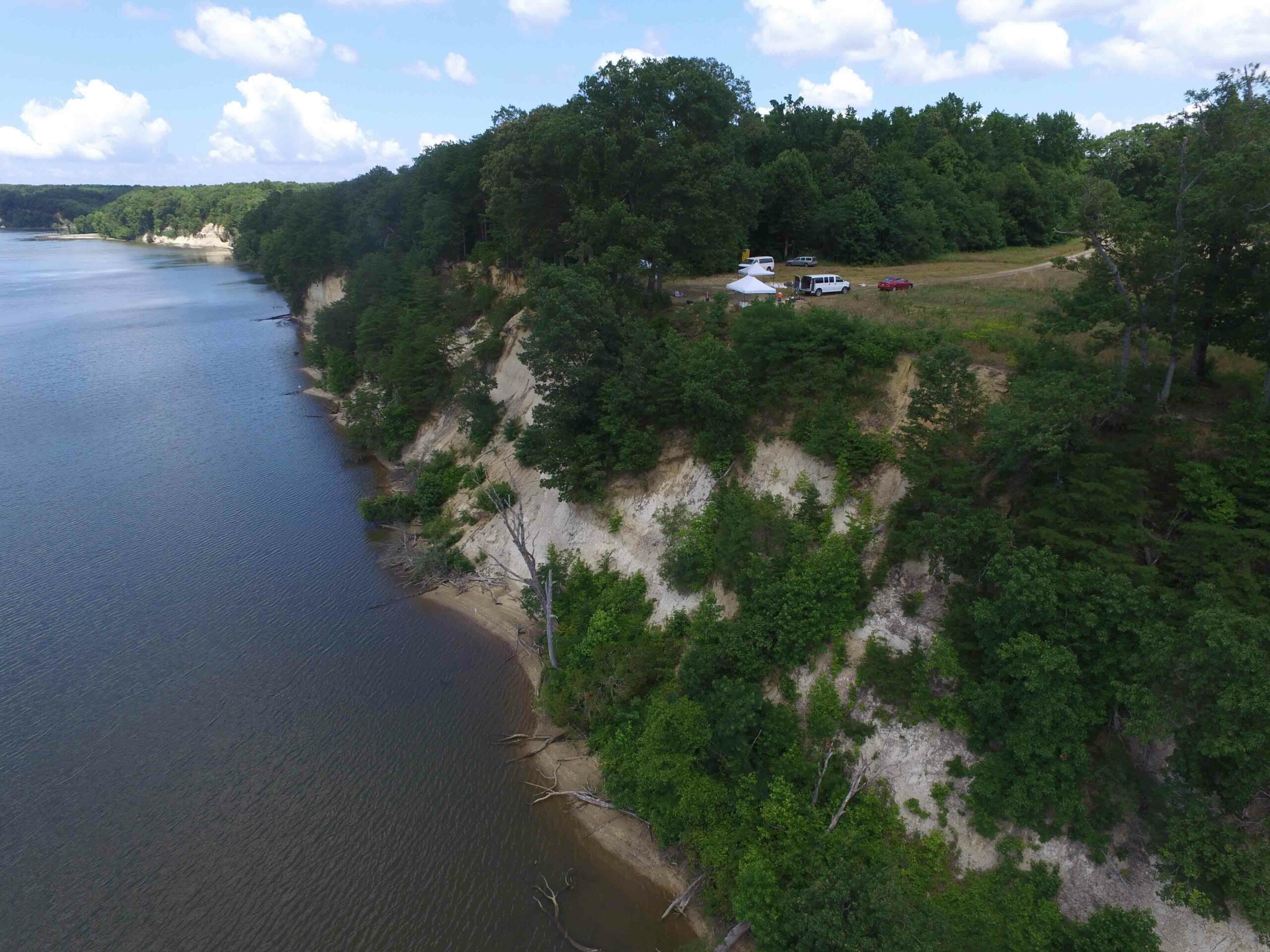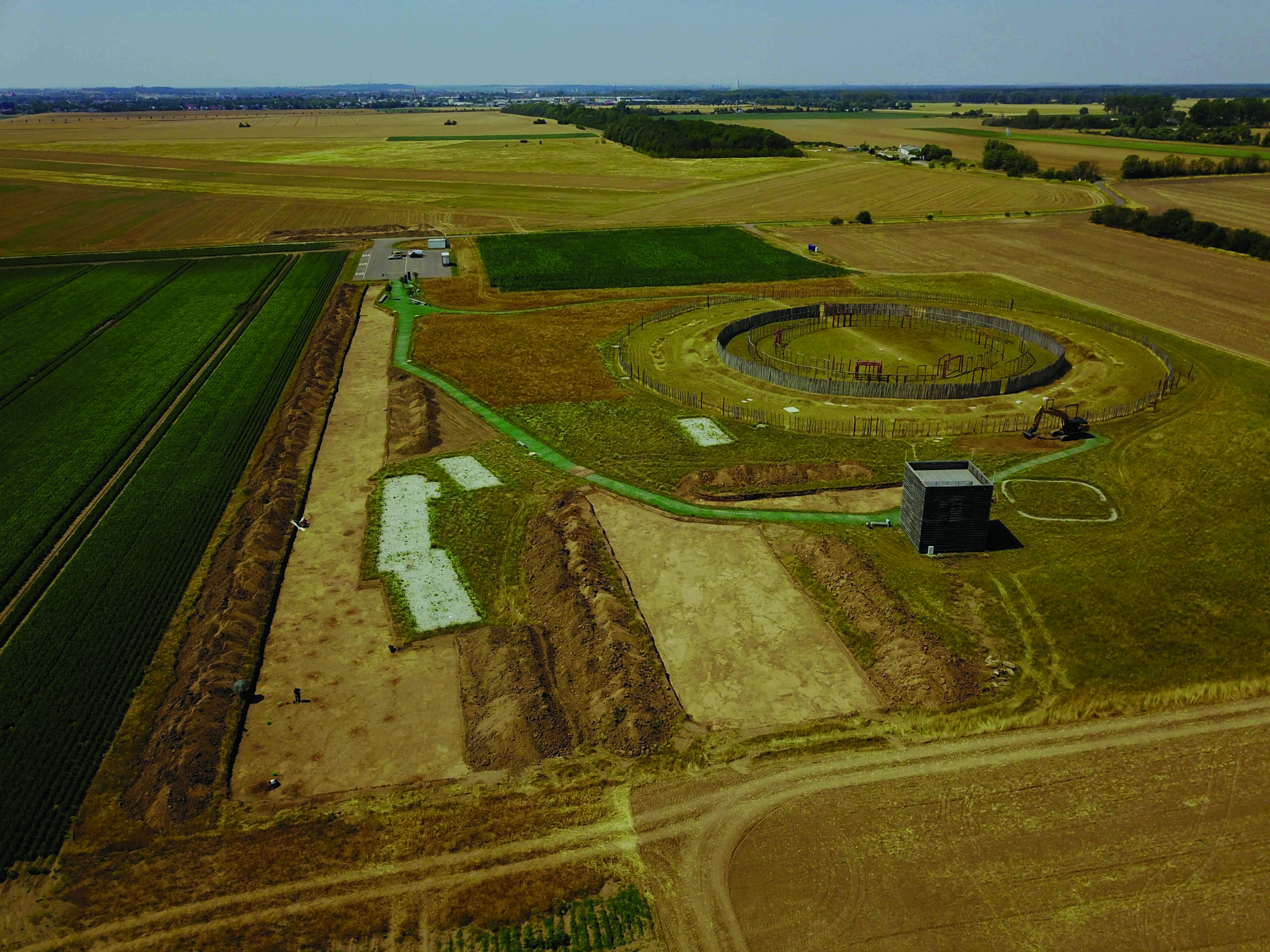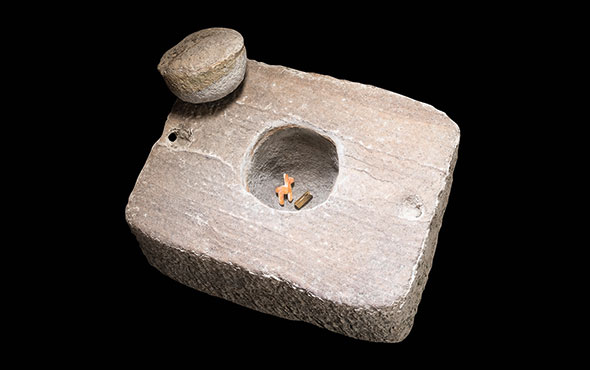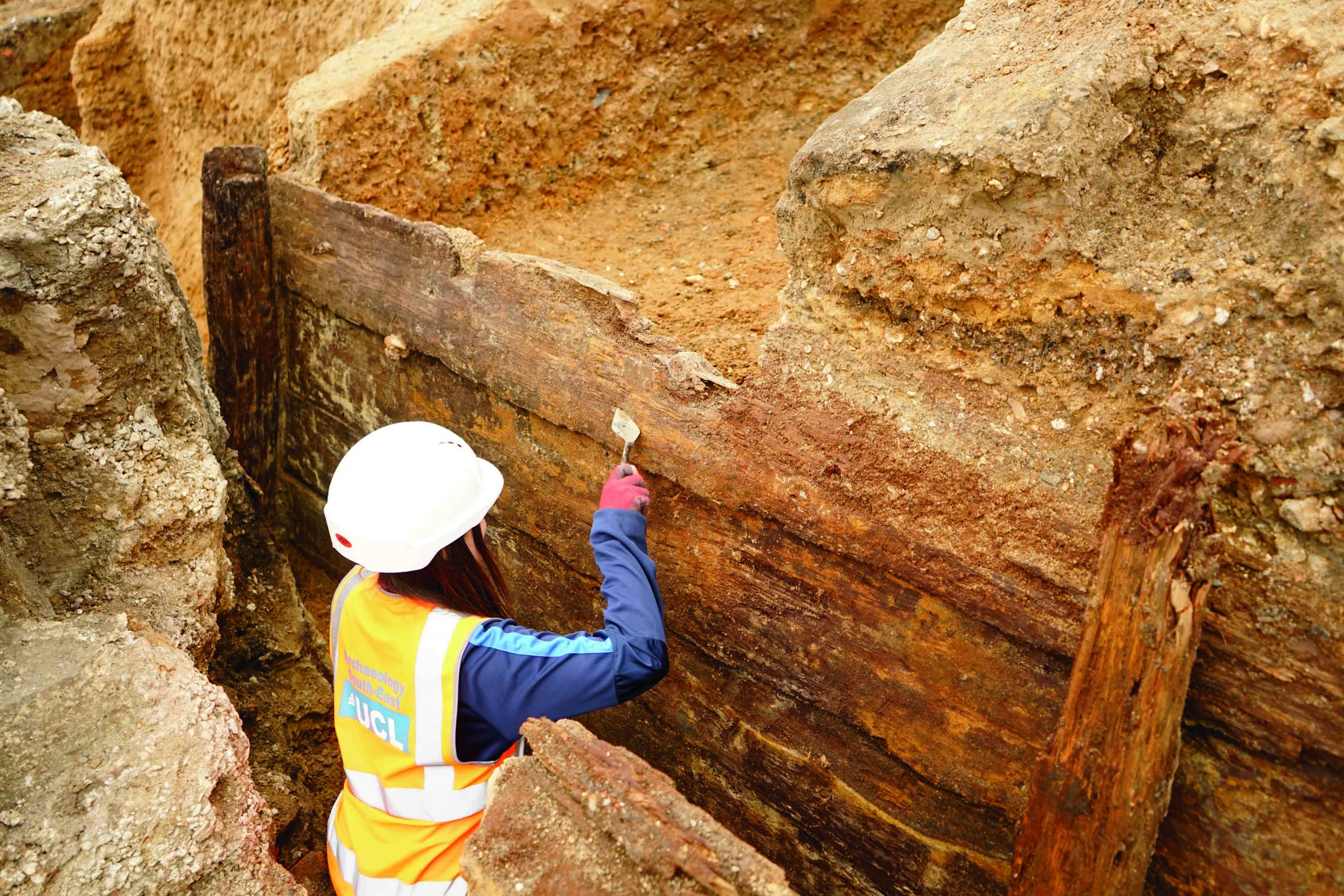CAIRO, EGYPT—Science Magazine reports that the individual burials of nearly 600 pet cats, dogs, and monkeys have been found in a cemetery at the early Roman port of Berenice, which is located on the Red Sea. Earlier investigations at the 2,000-year-old site, which was discovered under a Roman trash pit, uncovered the burials of about 100 animals. Most of them appeared to have been pets, but researchers thought to be possible that the remains could have been discarded as trash. The new study indicates that many of the animals lived into old age, or died of injury or disease, and had not been sacrificed or mummified. Archaeozoologist Marta Osypińska of the Polish Academy of Sciences said most of the burials held the remains of cats carefully arranged in pits and covered with textiles or pieces of pottery. Many of them wore iron collars or necklaces of glass and shells. Five percent of the burials contained the remains of dogs. “We have individuals who have very limited mobility,” Osypinska said. “Such animals had to be fed to survive, sometimes with special foods in the case of the almost-toothless animals.” Osypinska and her colleagues conclude that people had strong emotional bonds with these animals. Read the original scholarly article about this research in World Archaeology. To read about rhesus macaque burials found at the Berenice pet cemetery, go to "Around the World: Egypt."
Roman-Era Pet Cemetery Excavated in Egypt
News March 4, 2021
SHARE:
Recommended Articles

(Lebrecht History/Bridgeman Images)

Courtesy Susanne Renner
Digs & Discoveries May/June 2025
The Cat and the Fat

SMB - Ägyptisches Museum und Papyrussammlung/Photo: Sandra Steiß
Digs & Discoveries May/June 2025
Pharaoh's Fate

© Zahi Hawass
-
 (Pasquale Sorrentino)
(Pasquale Sorrentino) -
Features January/February 2021
Return to the River
Members of Virginia’s Rappahannock tribe are at work with archaeologists to document the landscape they call home
 (Courtesy Julia King)
(Courtesy Julia King) -
Letter from Woodhenge January/February 2021
Stonehenge's Continental Cousin
A 4,000-year-old ringed sanctuary reveals a German village’s surprising connections with Britain
 (Photo Matthias Zirn)
(Photo Matthias Zirn) -
Artifacts January/February 2021
Inca Box with Votive Offerings
 (Courtesy Teddy Seguin/Université Libre de Bruxelles)
(Courtesy Teddy Seguin/Université Libre de Bruxelles)


